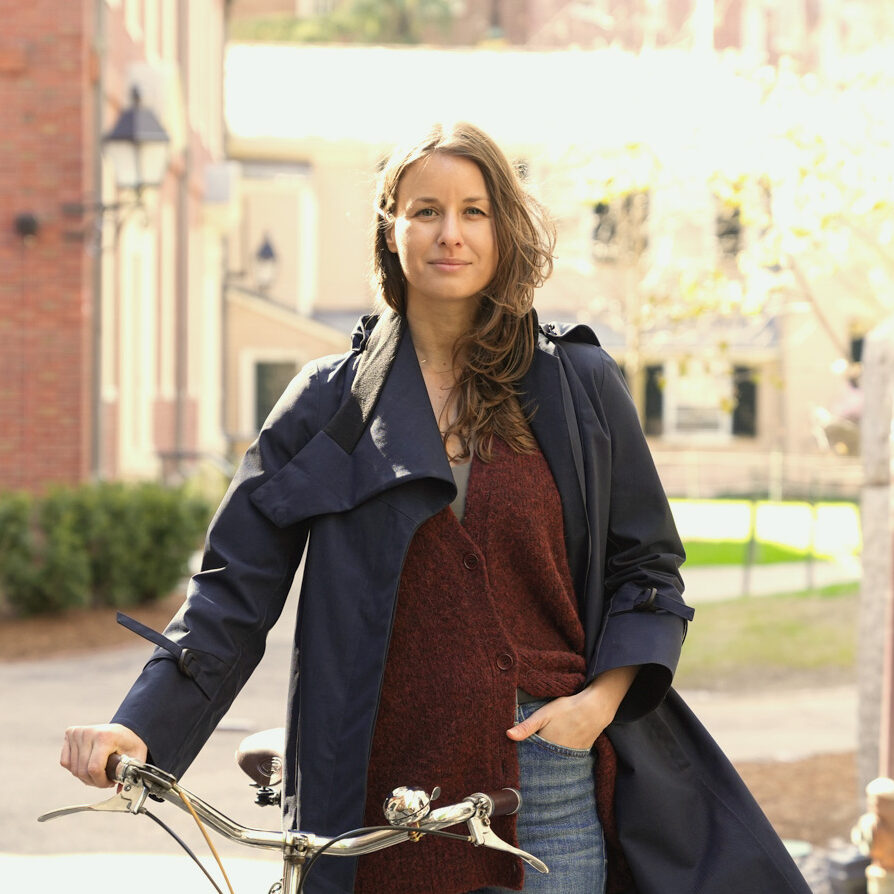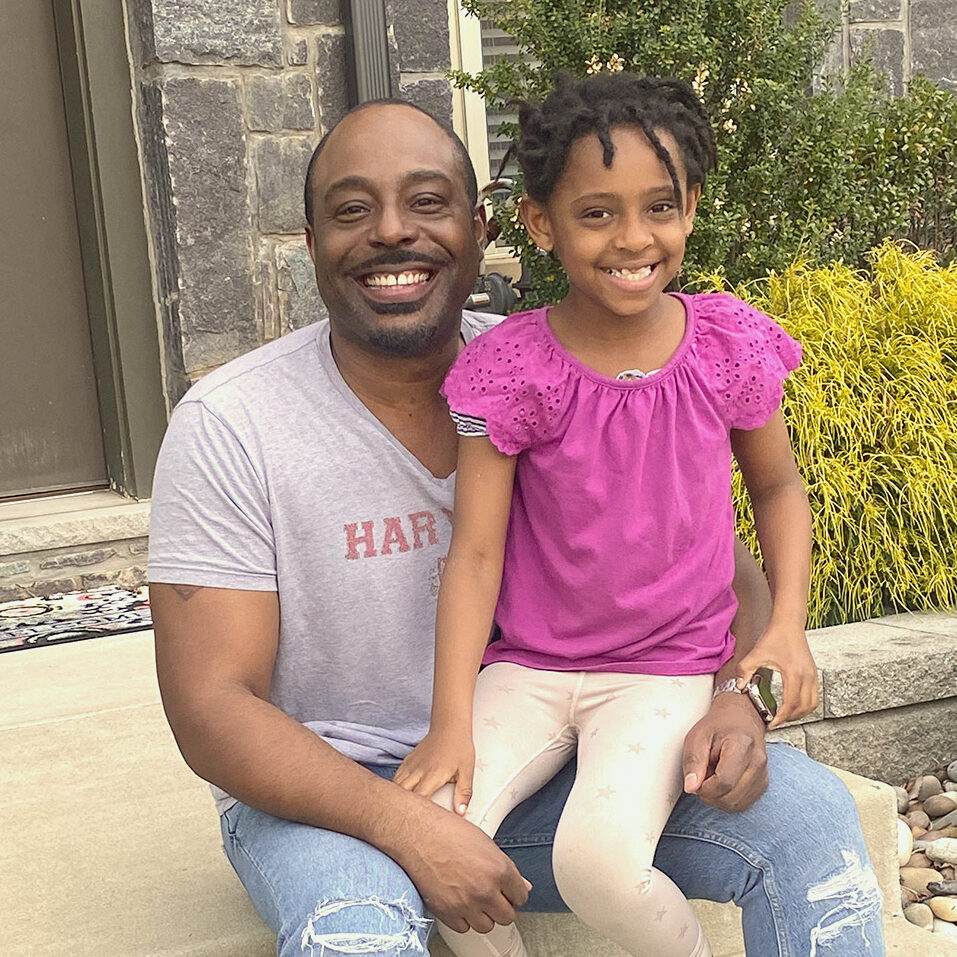How will your HES experience help you in your career or personal development?
My tenure at Harvard was the first step towards a completely new career. I knew that my ultimate goal was to become a clinical psychologist, and during my initial few semesters, I committed myself to the arduous journey of attaining a PhD.
Without a doubt, I knew that starting off my studies with HES would not only be rewarding academically, but it would also instill the habitual grit required for my graduate studies to come. As each semester came and went, my enthusiastic engagement and conversations with professors and students provided a gateway towards a deeper understanding of psychology and other specialty courses.
I’m confident that my HES experiences will both support me in my future career goals and also provide exponential personal value.
What was the most challenging aspect of your time at Extension? What was the most rewarding?
One of the most challenging tasks was to find enough time to balance my course load with my full-time workload. Evenings and weekends were sacrificed to watch lectures, read hours-worth of books, and write what seemed like an infinite number of pages for assignments. The expectations from Harvard’s professors and instructors are high, with the right intentions. They’re molding you into an exemplary student. Despite the initial struggles, I was able to find a rhythm that made it all manageable.
Certainly, the most rewarding aspect has to be the content that we are exposed to within each class. Most of my courses were taken with Harvard faculty who teach at the College and at the graduate level, which yielded an extremely high level of curriculum quality. The presentations, assignments, and section discussions were invaluable to my education. It’s one thing to teach material to students out of necessity, but it’s another to inspire and spark curiosity within an individual that initiates a deeper understanding of themselves and the world around them.
How did you manage to balance your studies with work and family responsibilities?
It was important for me to find the best time and task management practices to ensure consistent organization. Each semester, every course had specific deadlines and exam dates. I used my iCalendar to create calendar entries for when lectures took place. My school calendar started to look like my work calendar.
One personal secret to organizational success was buying white boards for each course and hanging them up on my wall where I could see them each day. At the beginning of each week, I wrote out what assignments were due, what chapters I needed to read, and what exams were coming up to allocate study time. Having this dashboard view of each semester was extremely helpful.
Also, investing in some great noise-canceling headphones is a must. There are some great deep study playlists on Spotify that help you get into the zone and can fuel hours of reading and writing!
Do you have a favorite class or faculty member? Why?
Richard McNally is one of my favorite professors! I took three of his courses, all touching on different aspects of clinical psychology. He’s a bottomless well of knowledge and experience. Besides being someone I look up to as a researcher, he’s also an incredible educator. He’s been a faculty member in Harvard’s psychology department for decades, and in addition to being extremely down-to-earth, his generous insight and guidance have been most informative, motivating, and inspiring.
In which ways did you connect with the Harvard community?
Utilizing the libraries and common spaces to study, write, and connect with other students was extremely valuable. Widener Library was practically my second home. The experience of walking through the busy yard, up the stairs past the awe-inspiring columns, and into the elaborate reading room, where the intellectual energy was always buzzing, had fueled my own curiosities more than I could’ve imagined.
Besides the lectures and assignments each course provided, having the opportunities to experience Harvard’s architecturally significant spaces with rich history was extremely impactful for me. There’s something magical about being around other people who are motivated to learn, share, and progress through academia. The environment at Harvard provided this experience.
Do you have any advice for new students?
Establish a personal goal of figuring out what your passion is, and then find all of the resources at Harvard that can help you cultivate it. The professors want to share their knowledge and expertise, academic advisors want to help set you up for success, and the environment has the potential to be an incubator for you to reach your potential.
The next thing to focus on is time management. It’ll be a must to figure out how to tetris your time in between work, family, and everything that the curricula might demand.
Keep in mind: “nothing’s impossible.”
Describe your Extension School experience in one word.
Life-altering.
*This interview has been edited for clarity and length.

